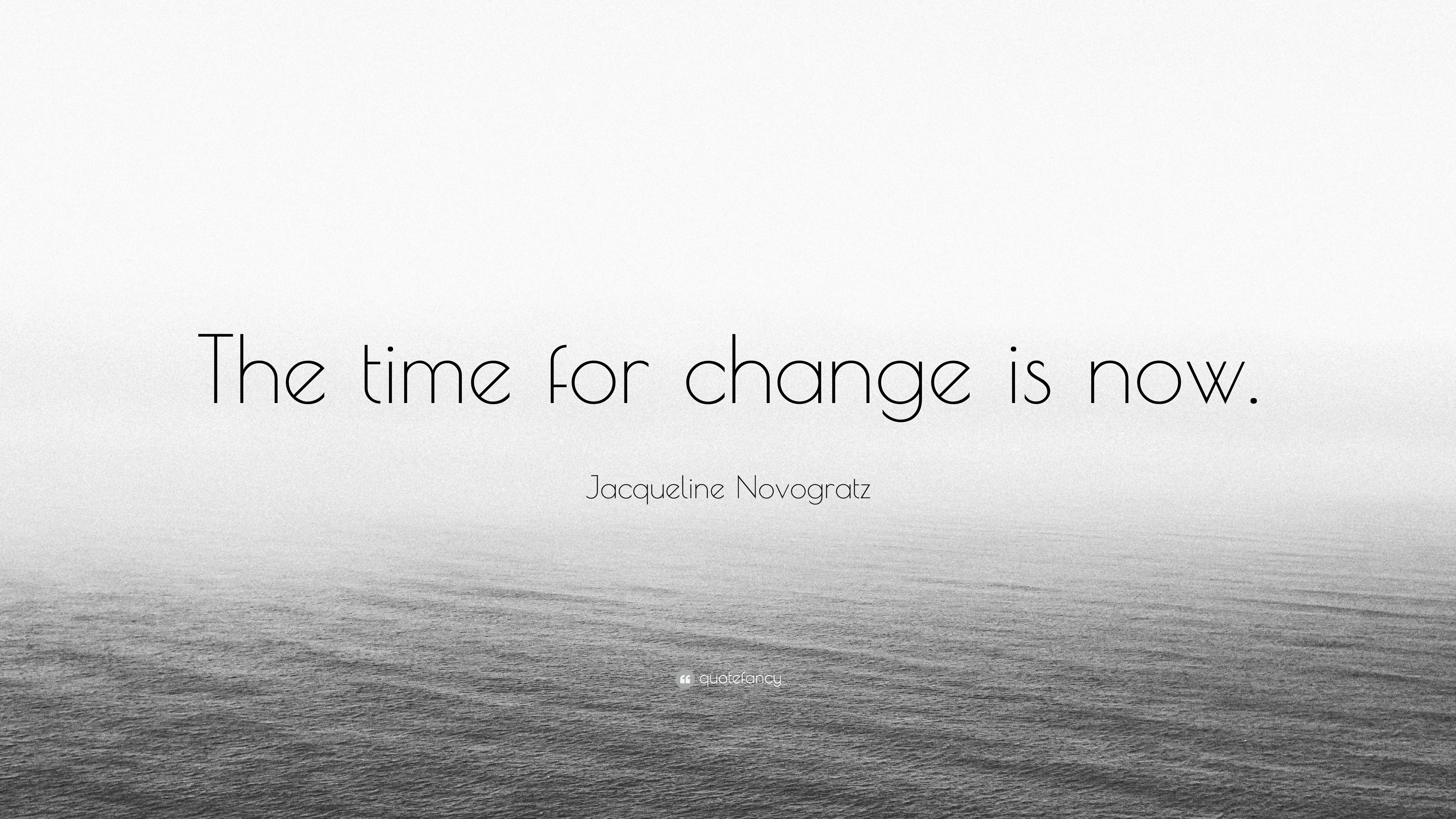

The implications of our work go beyond political ramifications we demonstrate that partisan hostility combined with conflicting elite cues can intersect with national efforts and can, quite literally, mean the difference between life and death 8. This highlights how real-world conditions affect citizens’ issue positions, and suggests a potential limit to the types of partisan-motivated reasoning that probably underlie our results. In these locations, even those with high levels of partisan animus have good reason to be concerned about the virus-it is personally salient to them. That said, however, our findings also highlight how local context matters, as this relationship is muted among those who live in areas with particularly severe outbreaks of COVID-19. We find a strong association between out-party animus and subsequent responses to the pandemic, offering evidence that policy beliefs reflect affective feelings toward the other party rather than just the issues at hand.

Although our approach cannot isolate causal effects-given that we use observational data without a clear causal identification strategy-it does allow us to overcome the endogeneity identified above, which has been the key limitation encountered in previous work. Put another way, this design allows us to rule out the aforementioned possibilities that individuals’ or elites’ policy beliefs drive affective polarization (and hence any relationships between polarization and beliefs). We therefore have a measure of affective polarization that is exogenous to the pandemic: we can examine how pre-existing levels of partisan animus correlate with subsequent responses to COVID-19 without concern that the responses to the pandemic are, in fact, shaping affective polarization (and, more directly, out-party animus). We collected data on respondents’ levels of affective polarization in 2019, before the emergence of the coronavirus. The emergence of the novel COVID-19 pandemic in the winter of 2020 presents us with the conditions needed to overcome some of the endogeneity that limits existing work. While this argument-that previous levels of partisan animus play a role in subsequent issue positions-is straightforward, testing it is difficult given the inherent endogeneity between policy beliefs, affective polarization and elite issue positions: if scholars find that those who harbour the most animus toward the other party also hold more extreme beliefs, is that due to animus driving those particular beliefs, to policy beliefs driving animus 5 or due to elite issue polarization simultaneously driving both the public’s out-party animus 6 and policy beliefs 7? They do so by taking positions on new issues that differ from the other (disliked) party and match those of their own preferred party.

Partisans with high levels of animus toward the other party are more motivated to distinguish themselves from their political opponents. We argue that the two are strongly connected in ways not addressed in previous research.

Here, we take up a crucial dimension of that question: how are individuals’ issue positions related to their level of affective polarization? 139): “little has been written on this topic (that is, the political effects), as most studies have focused on the more surprising apolitical ramifications” 4. But what does it mean for our politics? The answer is surprisingly unclear, as Iyengar and colleagues note (p. It plays a role in how much time we spend with our families, where we want to work and shop and whom we want to date and marry 4. Affective polarization has wide-ranging implications for our social and economic lives. The rise of affective polarization-most notably, the tendency for partisans to dislike and distrust those from the other party 1-is one of the most striking developments of twenty-first-century US politics 2, 3.


 0 kommentar(er)
0 kommentar(er)
